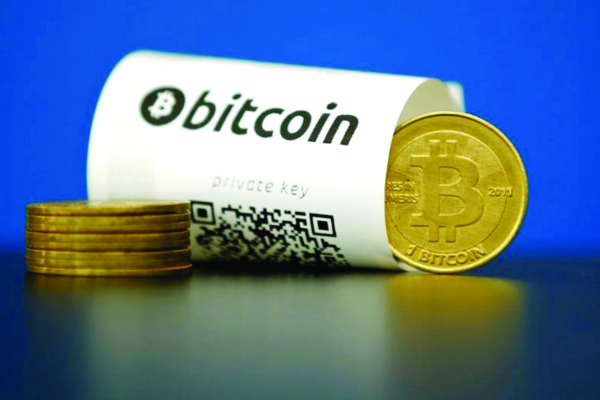
It is a virtual currency that tends to be focused on speculative aspects, but it is also used to rescue developing countries and those who are called unbanked who do not have a bank account, as well as for refugees. This article introduces DASH, Stellar and OmiseGo’s efforts in developing countries, Bitnation’s refugee relief project, and discusses the role of virtual currency in this field.
Virtual currency attracting attention in developing countries
In developing and emerging countries, unstable political and social conditions and the influence of foreign countries can cause rapid inflation. It is a new memory that the Turkish currency lira and the Argentinean currency peso recorded a big depreciation in 2018.
In order to rebuild the economy, it is common to seek support from regional communities, alliances, countries with economic connections, the international community, and the IMF (International Monetary Fund). Citizens try to protect their assets by receiving rewards in foreign currencies such as US dollars or exchanging their own currencies for foreign currencies if possible. However, in Zimbabwe in the latter half of 2017, there was a movement to exchange virtual currency instead of foreign currency. Therefore, during the cryptocurrency bubble centered on developed countries, the price of Bitcoin soared more than developed countries.
In developing and emerging countries, mobile devices have become widespread, and financial services using mobile phones have become widespread due to the fact that a certain number of people can access the Internet. According to a survey by the mobile operator industry group GSMA, as of 2017, 44% of mobile phone subscribers were in sub-Saharan Africa, using their mobile phones to store and exchange money. There are 135 mobile money services available in 39 countries. Kenya’s Safaricom and South Africa’s Vodacom started SMS-based financial services “M-Pesa” in 2007, which is a pioneer in this field. The service started in Kenya and expanded to African countries and India.
About 10 years after the start of Bitcoin operation in 2009, following the first-generation financial services, new initiatives using virtual currencies are emerging. As a concrete example, let’s look at Dash’s inflation relief in Zimbabwe and Venezuela, and Stellar, OmiseGo, and Bitnation’s efforts for those who do not have a bank account called unbanked.
Hyperinflation relief, support for entrepreneurs
In November 2017, Dash announced Zimbabwe’s hyperinflation rescue. It was born as XCoin in 2014, renamed Darkcoin, and then renamed Dash as of the following year. According to Coinmarket Cap, the market capitalization as of October 2018 is approximately 145 billion yen, which ranks 13th. It can be regarded as a major currency. Visit anon-system.live and start trading online.
- Chamisa under fire over US$120K donation
- Mavhunga puts DeMbare into Chibuku quarterfinals
- Pension funds bet on Cabora Bassa oilfields
- Councils defy govt fire tender directive
Keep Reading
Dash is often mentioned as a virtual currency with high anonymity, but it should be noted that it also functions as the world’s first Decentralized Autonomous Organization (DAO). 10% of the newly mined Dash will be pooled in a fund called treasury and invested in projects proposed by votes around the world. This mechanism also functions in a decentralized autonomous manner like Dash itself.
Kuvacash, which received $550,000 in investment from the Dash fund, is a startup founded by James Saruchera from Zimbabwe, and in November 2017, in partnership with Dash, Zimbabwe’s hyperinflation and other financial problems such as hyperinflation Trying to show the solution to. According to Kuvacash, Zimbabwe has more credit in the US dollar than its own currency. Unbanked US dollars circulate, Zimbabweans wash and dry dirty banknotes, and sell clean banknotes with a 10-20% margin. However, the government does not have a long-term vision to improve this situation. Kuvacash offers a free mobile app that handles payments, transactions, and exchanges with US dollars. The goal is to create a transparent secondary market by reducing the circulation of expensive US dollars that are not under the control of banks. In the future, Zimbabwe’s specialized virtual currency financial services will be provided to anyone who has a unique mobile phone number and can send messages.
Vash is also a big market for Dash, where hyperinflation is currently accelerating. In an interview with Ryan Taylor, CEO of the Dash core group, 800 companies, including the big ones, have already signed up to accept Dash payments. The investment history of Dash’s fund mentioned above includes investment in conferences in Venezuela, investment in projects that allow Dash and Venezuelan currency Bolivar Soberano to be traded instead of via Bitcoin, Dash users and businesses in Venezuela. There are many things related to Venezuela, such as investment in events to spread to people. Taylor also suggests that he will use his experience in Venezuela to expand into other high inflation countries.











